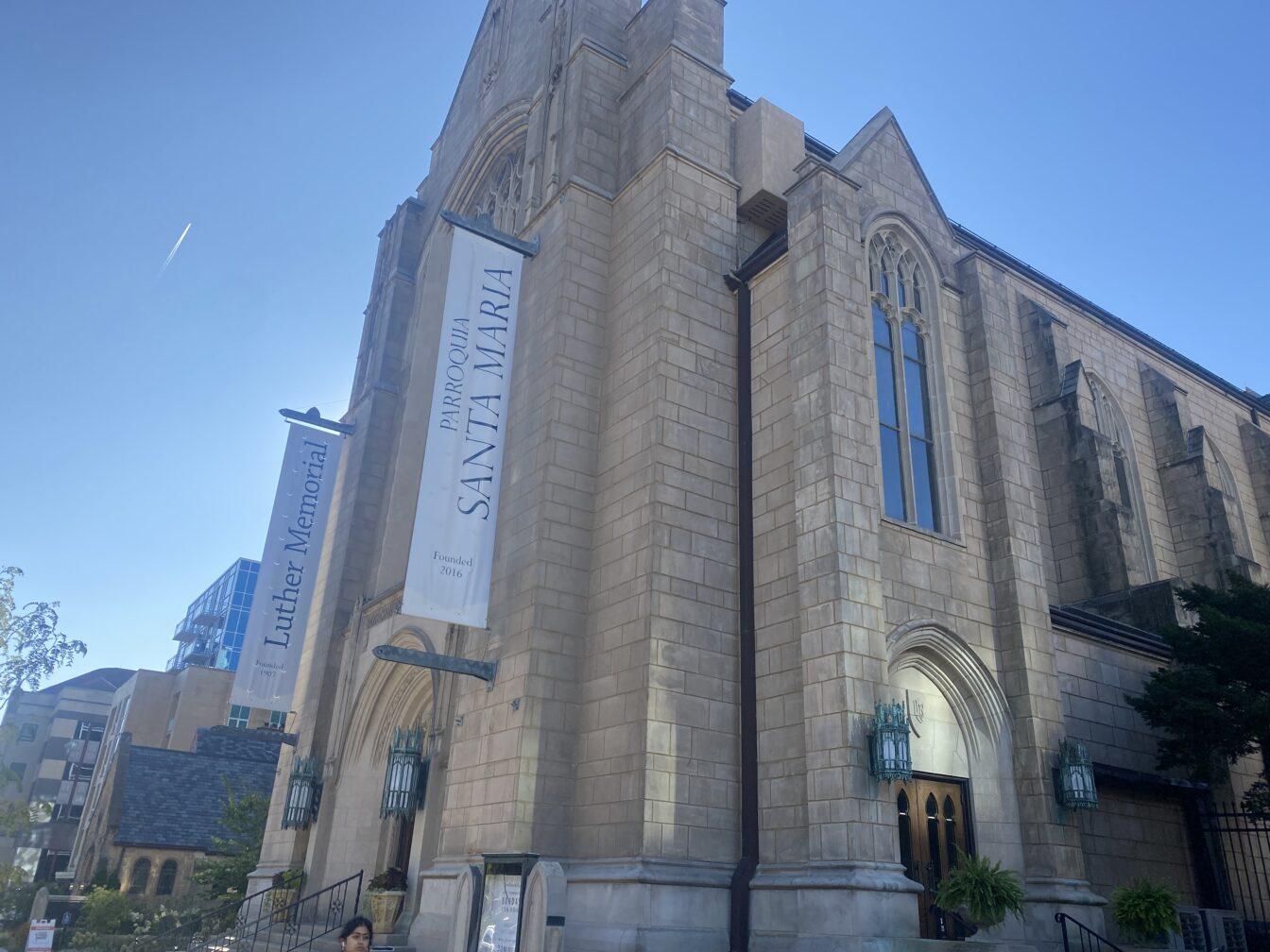Throughout the COVID-19 pandemic in 2020, places of worship across the country closed down to prevent the spread of the virus. In Wisconsin though, Republicans convinced the Supreme Court to lift the ban on worship services throughout the state.
Now, Wisconsin Republicans are ensuring the government can never close religious institutions again through a constitutional amendment that would prevent government agencies from closing places of worship under any conditions, even during national emergencies, according to Associated Press.
Religious practice and freedom are incredibly important, however, when it comes at the cost of the safety of the general public, the government should have discretion to close places of worship.
Republicans have attempted to pass a bill of this nature two times according to AP. The first time in 2021 Gov. Tony Evers vetoed it and the second time the bill failed to pass in both houses. The workaround for the Republicans is a constitutional amendment, which would require the bill passing two consecutive legislative sessions and a state referendum, but would not require Gov. Evers’ vote.
Though the process is incredibly lengthy, Wisconsin Republicans believe this bill would be incredibly beneficial in stopping the government from interfering with people’s lives. But this is not the first time individuals have questioned the closing of worship locations due to COVID restrictions.
Evers must do more to protect UW System
In 2020, the U.S. Supreme Court sided with religion in the case Roman Catholic Diocese of Brooklyn v. Cuomo. The Supreme Court determined that New York Gov. Andrew Cuomo was unable to apply COVID-19 restrictions to the amount of people attending a religious service. The Supreme Court ruled the restrictions were a violation of the Free Exercise Clause in the First Amendment.
When it comes to government closures, or even forced openings, of worship areas, there are significant issues regarding the separation of church and state.
Though the closure of a religious institution by the government is typically a violation of religious freedom, a national emergency and global pandemic shine the issue in a different light.
During the pandemic, places of worship were not the only organizations shut down. Businesses and most buildings closed or had serious restrictions on the number of people allowed to enter.
Additionally, most places of worship hosted online services while closed, meaning individuals were still able to access religious services through a variety of Zooms.
Individuals across the U.S. and Wisconsin were, for the most part, still able to practice their religion. This does of course change based on location and access to internet connection, which varies across the state in both rural and urban areas, but generally most places of worship in Wisconsin attempted to connect with community members in a socially distanced or virtual manner.
Diversity needed to further conservation field
Though at first glance the closure of places of worship by the government may seem like a violation of religious freedom, in the context of a pandemic the closures amongst most other establishments are completely reasonable.
These new amendments and bills, however, bring up a clear conflict between church and state.
The intention of the Wisconsin amendment is to prevent the government from interfering with people’s religious practices, according to AP. But creating an amendment directly regarding religion is not at all a separation of church and state.
In fact, a state constitutional amendment of this nature would be direct interference on behalf of the government towards religious groups. For there to be a true separation of church and state, the government should stay out of legislating on religious groups at all.
These pushes by Republicans on both the state and national level also represent the influence religious beliefs have on the lawmaking of many of these politicians. Approximately 90% of members of Congress practice some form of Christianity which Axios indicates has an effect on the increasing number of laws against the LGBTQ+ community.
Policymakers must act as Black tenants face lead poisoning epidemic
While not all politicians utilize their religion to influence their politics, it has certainly become a bigger selling point for politicians, particularly Republicans, in elections. More and more politicians are leaning into their religious values to lead their lawmaking, which, yet again, is incredibly dangerous to the separation between church and state that is so vital to the U.S. democracy.
In relation to the proposed Wisconsin constitutional amendment, anti-abortion rights groups like Pro-Life Wisconsin and Wisconsin Family Action registered in support of the amendment. This is another connection between religious influence in lawmaking, especially in Wisconsin.
Additionally, CNN stated that the case Roman Catholic Diocese of Brooklyn v. Cuomo highlighted the impact of Justice Amy Coney Barrett’s religious influence, swinging the court’s opinion to side with the Roman Catholic Diocese of Brooklyn.
Ultimately, it is not a violation of the freedom of religion when individuals are still able to practice their religion through a computer screen. It is important to remember that during a global pandemic, precautions must be implemented to ensure the safety of the greater community, even if that means limiting access to places of worship.
If there is truly to be a separation between church and state, lawmakers need to separate their own religious morals and values from what is best for their constituents. And in the time of a global pandemic, what is best for their constituents is keeping them healthy, safe and alive, not opening up places of worship for a deadly virus to wreak havoc on an entire community.
Emily Otten ([email protected]) is a senior majoring in journalism.





















